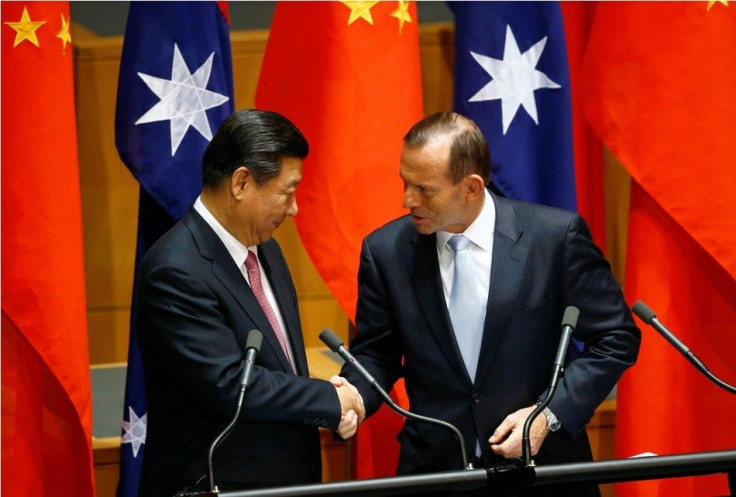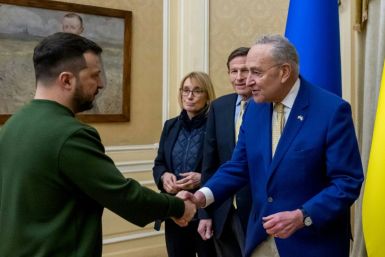New Zealand Trade Minister Urges Canada To Get Serious On TPP And Open Up Its Dairy Sector

New Zealand has urged Canada to get serious on the Trans Pacific Pact agreement and make a meaningful offer to open up its markets as the U.S. is moving ahead to fast track it. New Zealand Tarde Minister Tim Groser said it was "inconceivable" for Canada to drop out of the TPP that is set to cover 40 percent of the world economy and will stretch from Japan to Chile.
Positive Step
Groser, who visited Washington recently, hailed the introduction of fast-track legislation in the U.S. Congress and said participating countries can clear up all sticky points in the Trans-Pacific Partnership. Saying that an enormous positive step forward has happened after the U.S. bill to open the door to the "TPP endgame" Groser told Reuters that the new bill will streamline the passage of trade deals in the Congress. He said the move has cleared the way for Canada to engage on market access and open up its protected dairy industry which Groser said "looks like it belongs in the former Soviet Union." "We expect Canada to ... engage in a serious way. We can give them lots of flexibility in terms of timing, safeguards and other transitional mechanisms to allow a politically realistic adjustment process and now is the time for Canada to speak," the New Zealand minister said.
American Haste
Commenting on the advocacy for Canada to get serious or go fast on TPP, Derek H. Burney, Canada’s former ambassador to the U.S. said there is lot of at stake for Canada in the Trans-Pacific Partnership talks. He said, it is hard to know whether all the hype emanating from Washington about a fast-approaching finish line is really accurate -- or simply good, old-fashioned American negotiating tactics.
Burney said Canada’s motivation for the TPP negotiations is primarily defensive so as to prevent the erosion of benefits under NAFTA -- although it stands to gain from significant market-access improvements in key Asian markets like Japan, Malaysia and Vietnam. He said the biggest fly in the TPP ointment is a U.S. administration that does not have authority from Congress. The hype tends to suggest that congressional action is imminent, there are riders that would make the negotiating authority less than pure or unadulterated, reports Globe and Mail.
He said history will be revealing and said as the negotiations on the North American free-trade agreement were about to conclude in late 1992, the Americans were adamant that Canada and Mexico should ratify the deal without delay. Both complied. However, the U.S. did not ratify NAFTA for almost a full year and delayed its implementation until 1994. In the U.S., it is Congress, not the administration that is the ultimate decision-maker. According to him, Canada must keep its powder dry and hedge its bets with concrete overtures to China and India that could pay similar dividends and send a signal to Washington that it has other suitors as well for many of its products and services.
(For feedback/comments, contact the writer at kalyanaussie@gmail.com)






